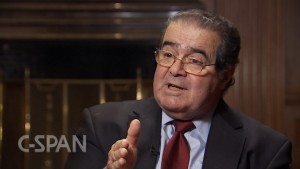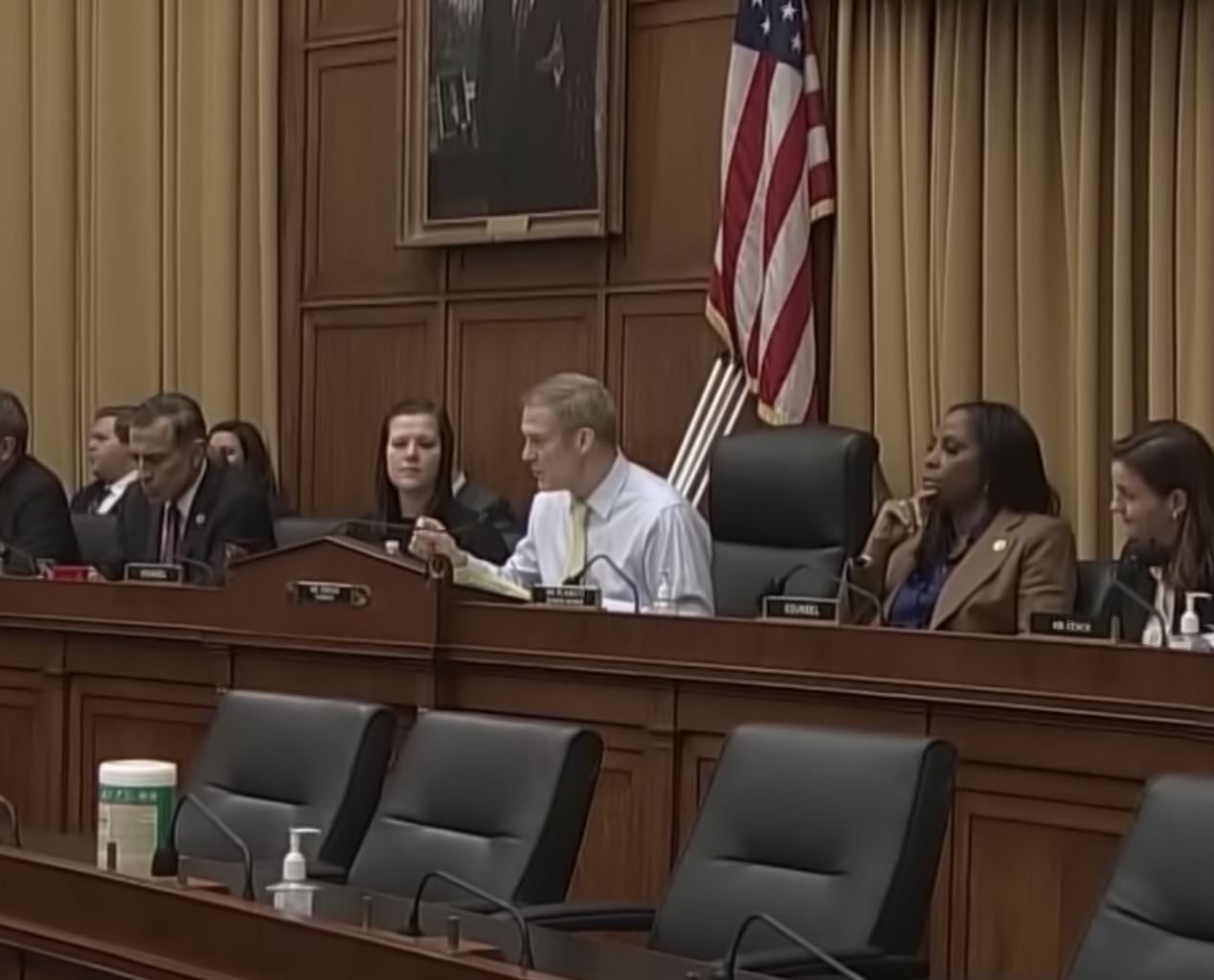
By Ross Parker
ticklethewire.com
When counsel approach the lectern in the Supreme Court for oral argument during the rest of the term, instead of facing the blistering questions of the Court’s most aggressive inquisitor, they will instead see an empty chair among the nine on the bench, draped with a black sash. One of the Court’s most active and entertaining interrogators has bedeviled his last lawyer. There will be less laughter in the courtroom.
Justice Antonin Scalia died on February 13, 2016, one month shy of his eightieth birthday. Befitting his colorful life, it was after a day of quail hunting in West Texas. Although the politicians are rumbling about his successor and the conspiracy theorists whispering about the circumstances of his death, it was in all likelihood a peaceful death after an active life of purpose, whether you agree with his brand of conservatism or not.
In criminal cases, he generally supported the government. Along with Justice Thomas, he was unapologetically pro-death penalty, whether the defendant was under-age, mentally retarded, or subject to a botched execution. After all, those were all legal in 1791 when the 8th Amendment was ratified. He also labored to overrule the Warren revolution of cases restricting the police, especially Miranda v. Arizona.
But he could vote for the defendant, too, especially in areas involving jury trial rights and the traditional authority of trial judges. His Booker opinion ended mandatory Sentencing Guidelines. And Apprendi v. Arizona stopped judge-decided facts leading to sentence enhancements. He also was protective against the reach of technology. In Kylio he authored the opinion requiring search warrants for thermal imaging searches. Marijuana grow lights became a bit more private.
Despite his sometimes angry and outrageous vitriol during argument and in his opinions, he was by all accounts well liked by his colleagues on the bench and the staff. He was one of a kind and his death diminishes the energy and vivacity of the institution.
Without Justice Scalia’s contributions, the Court will consider two criminal cases during its March oral arguments. Betterman v. Montana raises one of those issues that you would have thought had already been decided — whether the 6th Amendment guarantee of a speedy trial applies to the sentencing phase. Are defendants protected against inordinate delay in the final disposition of sentence by the 6th Amendment?
The defendant pled guilty to bail jumping after he failed to appear for sentencing on a domestic assault conviction. He explained that he did not have transportation from Butte to the courthouse in Billings. He eventually sobered up enough to turn himself in to the county jail, where he remained for 14 months when he was finally sentenced to 7 years consecutive to his 5 year sentence for assault, with no credit for time served. Don’t go in the wind in Montana after beating up your spouse.
The Montana Supreme Court held that Speedy Trial does not apply to sentence delays, only due process. Although the court found the delay to be unacceptable and attributable to the state, the prejudice shown by the defendant, delaying rehabilitative programs and other benefits in prison compared to the county jail, was speculative and insufficient.
The prosecution argues that the issue is more properly one of due process and that the burden of proof of prejudice is on the defendant.
When the 6th Amendment was ratified in the late 18th Century, most penalties were fixed and were imposed immediately after the verdict or within a few days. Today’s sometimes extended sentence proceedings and alternatives have changed that process considerably. Because over 95% of the defendants plead guilty, the period from conviction to sentence has become the most crucial and litigated phase of the proceeding. Delays which impair the ability to defend oneself, as well as other rehabilitative resources and requirements, can significantly affect a defendant’s eligibility to someday become a free person.
To a large extent the question becomes, what does “trial” mean in the context of the 6th Amendment – the proceeding determining guilt or innocence, or the entire proceeding to the entry of judgment at sentencing. Did the Founders actually intend that the right is one of Speedy Justice, much like the other 6th Amendment right to a public trial (which extends to sentence)?
Likewise whose responsibility is it to prove the presence or absence of prejudice from delays, the defendant’s or the state’s?
Prediction: This presents a close question, probably made closer by Justice Scalia’s absence. I believe the Court will extend the 6th Amendment to the sentencing phase and it will also find prejudice in this case.
The other case scheduled for oral argument in March is Welch v. United States. The issued posed is whether in a habeas case a Florida conviction for “robbery sudden snatching” qualifies as a predicate for Armed Career Criminal Act (ACCA) sentence enhancement. A preliminary question is whether the Court’s opinion last term in Johnson v United States should be applied retroactively to cases on collateral review.
The Armed Career Criminal Act subjects a defendant convicted of being a felon in possession of a firearm to a longer sentence if he has 3 prior convictions which are either: a violent felony (involving the use or threatened use of force): one of 4 named felonies (burglary, arson, extortion or use of explosives); or otherwise involves conduct which presents a potential risk of physical injury. Johnson invalidated this last option, called the residual clause as being void for vagueness.
To qualify Welch’s prior convictions of robbery sudden snatching must satisfy the “force” requirement of the first option—if Johnson is retroactive. There seems to be a serious question of whether the Florida statute requires force as an element. If not, the defendant would not have the requisite 3 predicate convictions.
The government’s argument is that, if the Court makes Johnson retroactive, it should remand the case to the 11th Circuit to determine this question. The defendant argues that this issue is “readily apparent” and that the Court should reverse.
Prediction: The Court will hold that Johnson is retroactive. The issue is substantive, not procedural, and involves a new rule of constitutional law involving the range of conduct and class of persons which the law punishes. I am not sure the record has completely explored the issue of the Florida statute’s elements. It makes more sense for a lower court to determine this question in its first instance. I think the Court will remand to consider this question.
Despite frequent differences with Justice Scalia’s holdings and judicial philosophy, I feel a real sense of his loss by his passing. His contribution to the evolution to the rule of law and the operation of the highest Court was unique. He was a force of nature who had a set of brass ones.





